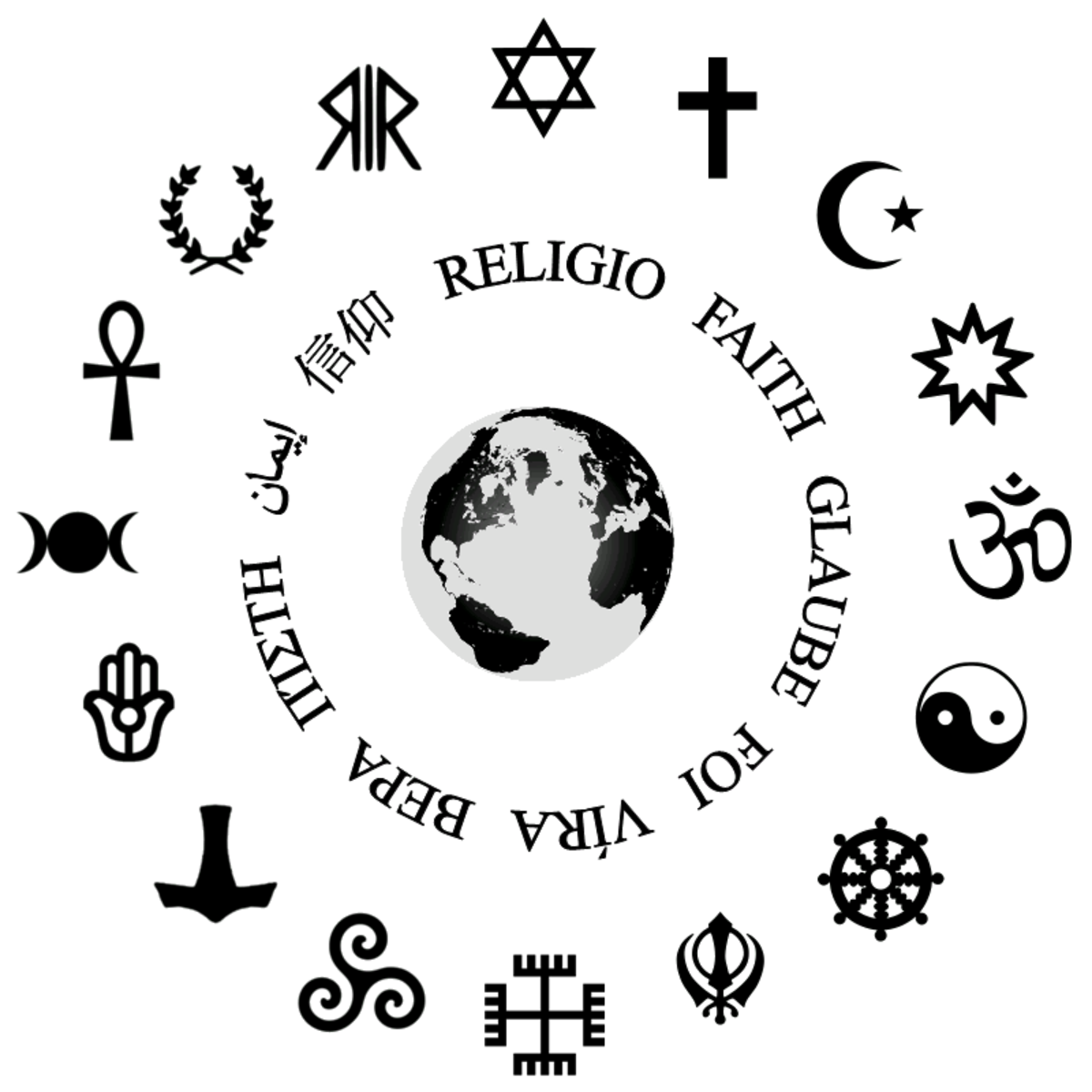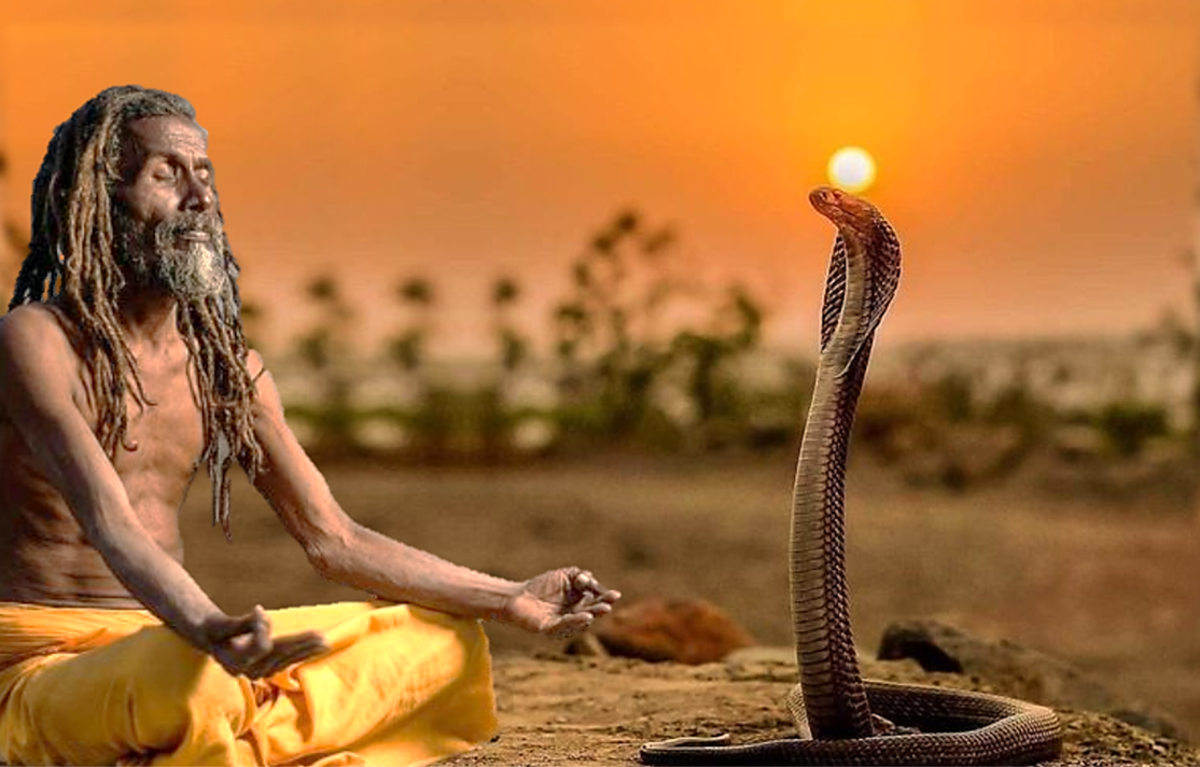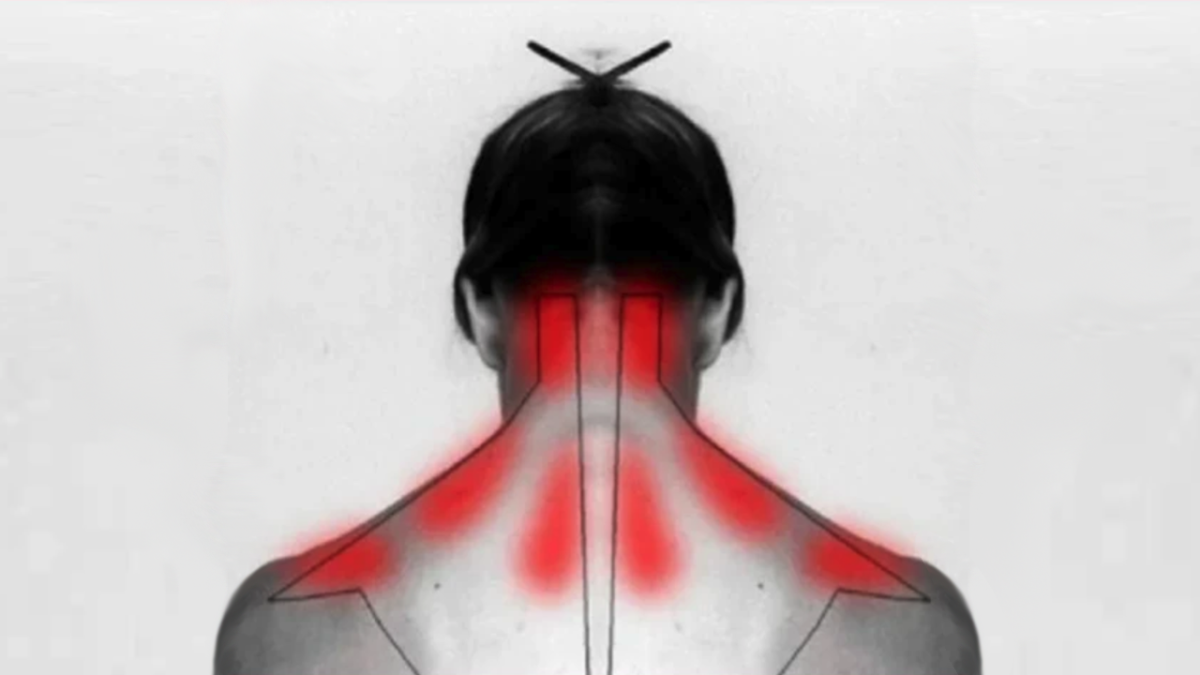Understanding Death through Religion

Defining and Understanding Death through Religion
Facing death – one’s own or that of a loved one - is a difficult task for anyone, but some factors may influence how straightforward or demanding that task may be. Most common wisdom says that the early myths – Greek and Roman – were the way the people of the time explained seemingly mysterious aspects of life, and most especially death; the same seems to be true of today’s religions.
Contemporary religions have a lot to say about death, and nearly all believe that there is something beyond this earthly life, be it reincarnation, heaven and hell, or an absorption into the ultimate reality. Because religions often focus a significant portion of their doctrine on the afterlife – what it entails and how to get the desired result – it makes sense that whether or not a person is religious, which religion he/she practices, and how devout he/she is will have a substantial effect on attitudes about, coping strategies for, and adjustment to both his/her own death and, especially, the death of loved ones. There have been several articles about how several of the major contemporary religions deal with death as well as studies about whether or not those who are religious cope differently and/or better with impending or recent death.
Since each of the major religions have discrete opinions about what death in this life means, it seems prudent to discuss, briefly, the way Judaism, Christianity, Islam, Buddhism, and Hinduism define death and what comes after. Also included is the humanist, or secular, view of death for comparison purposes, as it is the belief structure to which most researchers are referring when they discuss those who are not religious.
While there are certainly myriad more religions thriving in the world, a glance at the major ones provides a guide for understanding why studies have been done regarding the mitigating effects of religion on death obsession, death depression, death anxiety, patterns of coping with death, and continued attachment to deceased loved ones.
Judaism, Christianity, and Islam
The three major monotheistic religions - Judaism, Christianity, and Islam – not only share much of the background for their faith, but much of their doctrine regarding end-of-life care (Benore & Park, 2004, Dorff, 2005, and Sachedina, 2005).
It seems that the conservative branches of each faith often have more in common with each other than with the more liberal branches of their own faith. Each of the three has myriad offshoots, many with radically different admonitions regarding the way this life ought to be led, but they also have much in common: they all believe in an afterlife of some kind (Jewish people are waiting for the Messiah who will open the gates to Heaven, while Christians and Muslims believe that Heaven and Hell have already been opened) and that God endowed each person with their body and should respect it as such.
For all three, outright suicide is out of the question and other topics – autopsies, cessation of life support, and measures to preserve life – are touchy, but the consensus seems to be that a person should listen to his/her religious leaders and maintain the integrity of his/her body (Benore & Park, 2004, Dorff, 2005, and Sachedina, 2005), and all allow – at least in some cases – life support to be removed when it would simply prolong the dying process instead of prolonging life (Benore & Park, 2004, Dorff, 2005, and Sachedina, 2005), though Islam is more strict in its overall allowance for such measures (Sachedina, 2005).
Buddhism and Hinduism
Buddhism has a lot to say about death and what comes after, and while not all of it is markedly different from the monotheistic religions, it is overall more flexible in its doctrine than nearly all other religions. Specific and strict requirements for Buddhists are rare, with leaders counseling their followers to listen to their conscience, the teachings of the wise, and to use their own reasoning abilities in making all dubious decisions (Keown, 2005). Buddhists believe in reincarnation: once a person dies on this earth, he/she will be reborn to a new life here and the status of that life depends on the work he/she did before his/her previous death. Due to this belief, Buddhists are desirous of having a clear mind always, and this is especially true at death; it is the reason why meditation is emphasized and why many Buddhists are reluctant to take strong sedatives when near death (Keown, 2005).Buddhism does not require the maintenance of life support, but does not condone euthanasia, and certainly not suicide, though there is little complete agreement among Buddhist scholars about when precisely, certain life support measures should be removed (Keown, 2005).
Hinduism is a term that envelops several very similar belief systems originating from the Indus area, so there is not a central institution or doctrine similar to those that exist for the other major religions (Firth, 2005). Common strands of belief emerge in the strong desire for a good death, defined as occurring at an appropriate time – usually old age – when the person is conscious of what is happening and therefore prepared to die, so that they may have their mind on God as they pass (Firth, 2005). Because the way a person dies is believed to influence his/her rebirth, as Hindus believe in multiple reincarnations before reaching the state of Nirvana when they are absorbed into Brahman (the ultimate reality), it is especially important for family members to know about a person’s medical status so that they may prepare themselves and the patient for death (Firth, 2005). As with the other religions discussed, Hinduism inherently disagrees with suicide, but allows for voluntary euthanasia under certain circumstances (Firth, 2005).
Humanism
While these five religions have much in common with each other in regards to views on suicide and euthanasia, it seems that a great deal of those values are tied to the fact that they all ascribe to one kind of life after death or another. In contrast, the humanist view asserts that the life a person is currently living is the only one he/she has ever or will ever have.
Loosely defined, a humanist is an atheist or agnostic who is still dedicated to living a morally responsible life (Baggini & Pym, 2005). A lack of belief in an afterlife of any kind makes caring medically for a dying humanist more difficult, but most humanists would choose for nothing to be done in the way of consolation rather than have a caretaker attempting to fill that void with religion (Firth, 2005). Humanist literature is more likely to approve of suicide – though certainly not the majority – than the religions discussed previously, and humanists are also likely to condone euthanasia, citing a person’s right to determine what is done to and with his/her own life (Firth, 2005).
Summary of Studies
I have provided a review of specific studies in a separate hub here: Studies of Death and Religion
The current research seems to indicate strongly that a belief in an afterlife can minimize a person’s obsession with, anxiety toward, and depression regarding death as well as aid in coping with the death of a loved one. The best part about the current research is that it seems to be consistent in its findings, lending to the validity of both the constructs and in the support of the overall hypothesis which suggest a strong relationship between attitudes towards death and religious belief.
Resources
Alvarado, K., Templer, D., & Bresler, C. (1995). Relationship of religious variable to death depression and death anxiety. Journal of Clinical Psychology, 51 (2), 202-204.
Austin D. & Lennings C. (1993). Grief and religious belief: does belief moderate depression? Death Studies, 17 (6) 487-496.
Baggini J. & Pym M. (2005). End of life: the humanist view. Lancet, 366 (9490), 1235-1237
Benore, E. & Park, C. (2004). Death-specific religious beliefs and bereavement: belief in an afterlife and continued attachment. The International Journal for the Psychology of Religion, 14 (1), 1-22
Dorff, E. (2005). End of life: Jewish perspectives. Lancet, 366 (9488), 862-865.
Firth, S. (2005). End of life: Hindu view.Lancet, 366 (9486), 682-686
Keown, D. (2005). End of life: Buddhist view. Lancet, 366 (9489), 952-955.
Maltby, J. & Day, L. (2000). Religious orientation and death obsession. Journal of Genetic Psychology, 161(1), 122-124.
Osborne, T. & Vandenberg, B. (2003). Situational and denominational differences in religious coping. International Journal for the Psychology of Religion, 13 (2), 111-122.
Sachedina, A. (2005). End of life: Islamic view. Lancet, 366 (9487), 774-779.








